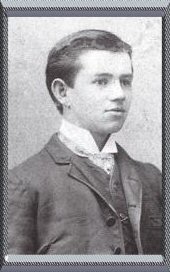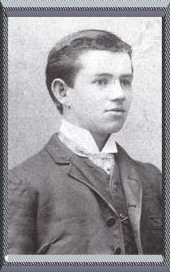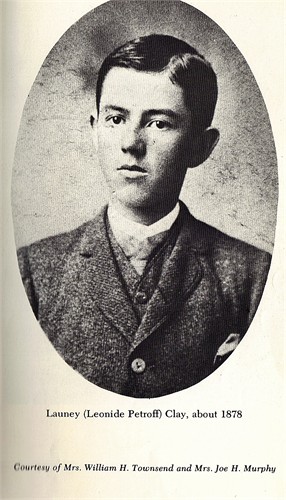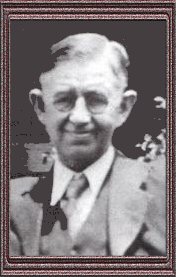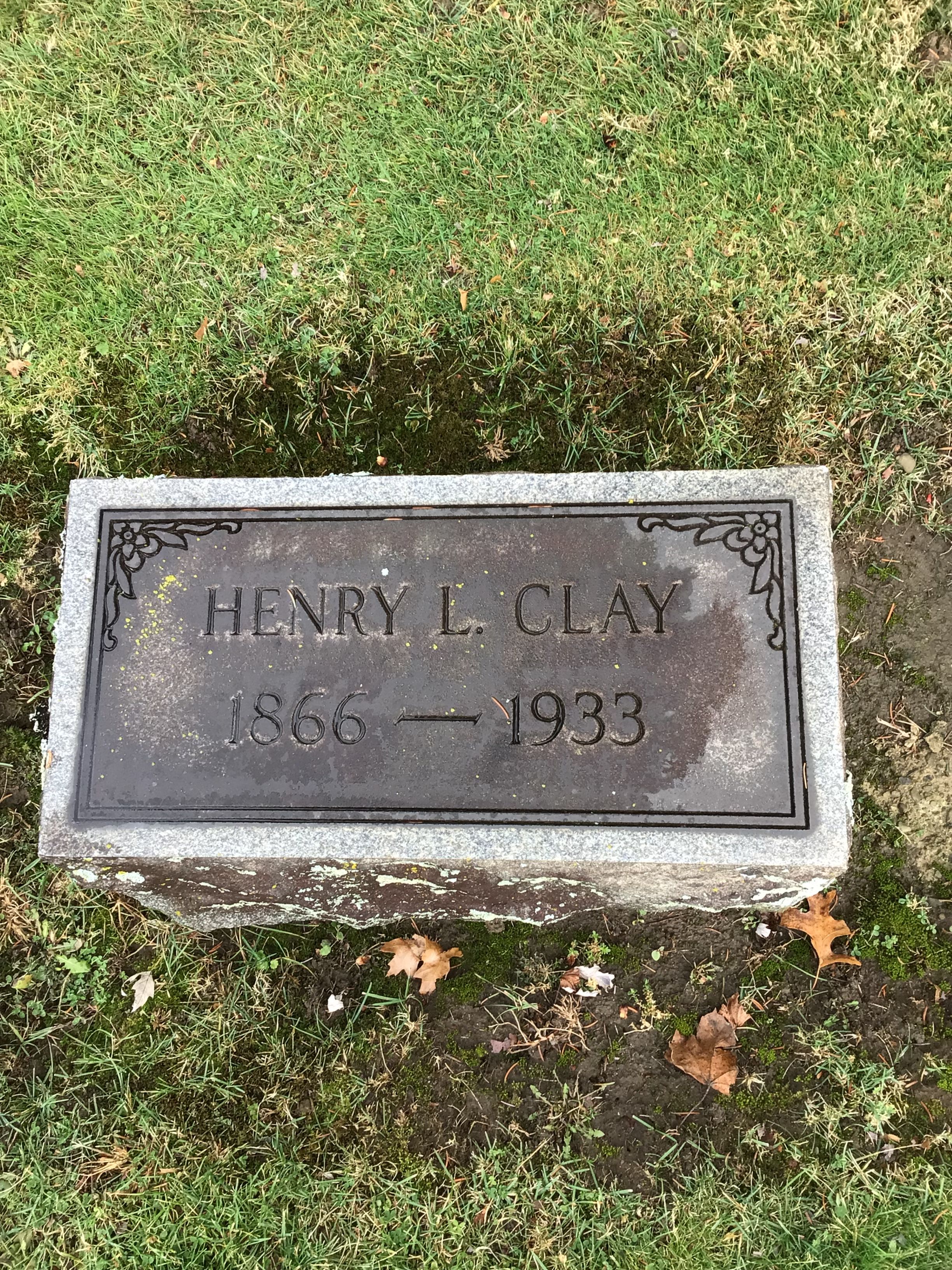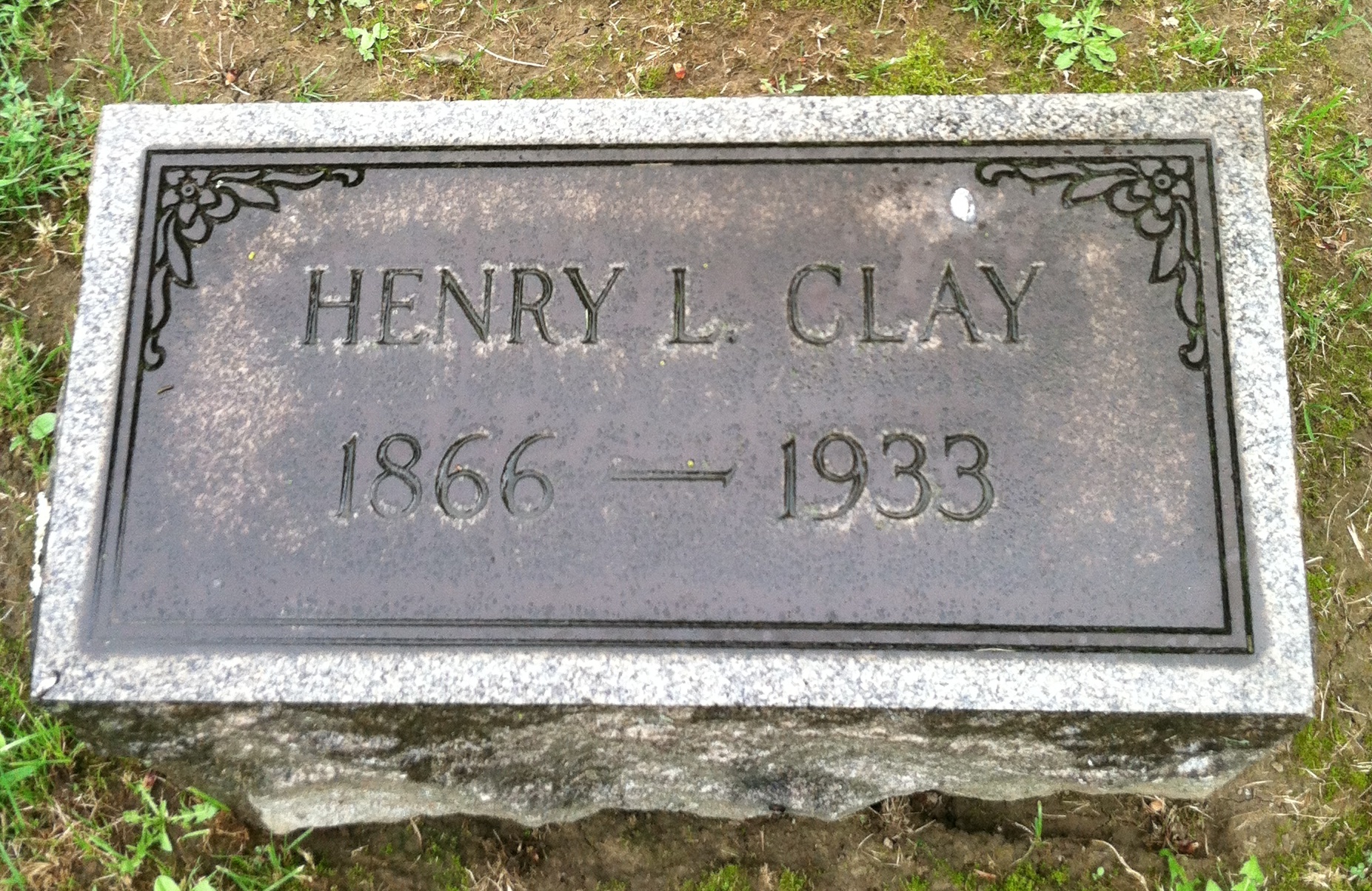The surname was then changed to Clay. Although some speculated that the boy was born to a star of the Imperial Ballet and Cassius Clay, others believed the child might even have been an offspring of the Czar, spirited away to safety at his friend's home in Kentucky. A deathbed utterance by Cassius to a daughter-in-law explained that the child was not of his blood, but the son of a member of the Imperial family, sent to the USA to avoid the violent revolution which was sure to come.
Young Leonide was afterward known by his nickname, Launey, as documented in records and the press. An 1870 US Census record shows an intriguing household in Yonkers, New York, where Russians "Lenny" and his mother "Annie Costlo" lived with a nanny...and "oil merchant" Cassius M. Clay. This record disproves stories that Launey arrived in the USA several years later, but it offers no explanation of the Costlo surname. This surname does not seem to have surfaced in any other records or reports regarding Launey.
He did well in school, married a beautiful Kentucky girl from a successful family, and had one son with her that they named Floyd. The local papers from these younger days tell of Launey's social popularity, friendly nature, and enjoyment of gardening. Late in his father's life, he remained near White Hall and assisted the old General in a few very public conflicts with other persons. Launey's first marriage ended while his father was still living, and after Gen. Clay died, Launey left less of a public profile, heading out west for a while to Colorado's mining areas. Floyd visited him there.
Launey's second marriage continued in this quiet vein. On the final three US Census records of his life, he was called "Henry L." The scandal that had surrounded his arrival in the United States, combined with conflicts within the Clay family, seemed to lead him to the decision to live his later years most quietly. He worked as a chemist in the iron and steel industry, spending the last few decades in Ohio with this second wife, Nina Davidson, and two daughters, Lafone Elizabeth and Justine Emma.
Launey passed away in a Youngstown hospital, losing a battle with cancer. His name on the death certificate includes both "Launey" and "Henry," and it names his adopted father, but the mother's information is noted as unavailable. Nina and both daughters have also passed away. In the 1970s, Floyd stated in an interview that he had always believed his father was the biological child of Cassius, because this is what he had always heard.
The surname was then changed to Clay. Although some speculated that the boy was born to a star of the Imperial Ballet and Cassius Clay, others believed the child might even have been an offspring of the Czar, spirited away to safety at his friend's home in Kentucky. A deathbed utterance by Cassius to a daughter-in-law explained that the child was not of his blood, but the son of a member of the Imperial family, sent to the USA to avoid the violent revolution which was sure to come.
Young Leonide was afterward known by his nickname, Launey, as documented in records and the press. An 1870 US Census record shows an intriguing household in Yonkers, New York, where Russians "Lenny" and his mother "Annie Costlo" lived with a nanny...and "oil merchant" Cassius M. Clay. This record disproves stories that Launey arrived in the USA several years later, but it offers no explanation of the Costlo surname. This surname does not seem to have surfaced in any other records or reports regarding Launey.
He did well in school, married a beautiful Kentucky girl from a successful family, and had one son with her that they named Floyd. The local papers from these younger days tell of Launey's social popularity, friendly nature, and enjoyment of gardening. Late in his father's life, he remained near White Hall and assisted the old General in a few very public conflicts with other persons. Launey's first marriage ended while his father was still living, and after Gen. Clay died, Launey left less of a public profile, heading out west for a while to Colorado's mining areas. Floyd visited him there.
Launey's second marriage continued in this quiet vein. On the final three US Census records of his life, he was called "Henry L." The scandal that had surrounded his arrival in the United States, combined with conflicts within the Clay family, seemed to lead him to the decision to live his later years most quietly. He worked as a chemist in the iron and steel industry, spending the last few decades in Ohio with this second wife, Nina Davidson, and two daughters, Lafone Elizabeth and Justine Emma.
Launey passed away in a Youngstown hospital, losing a battle with cancer. His name on the death certificate includes both "Launey" and "Henry," and it names his adopted father, but the mother's information is noted as unavailable. Nina and both daughters have also passed away. In the 1970s, Floyd stated in an interview that he had always believed his father was the biological child of Cassius, because this is what he had always heard.
